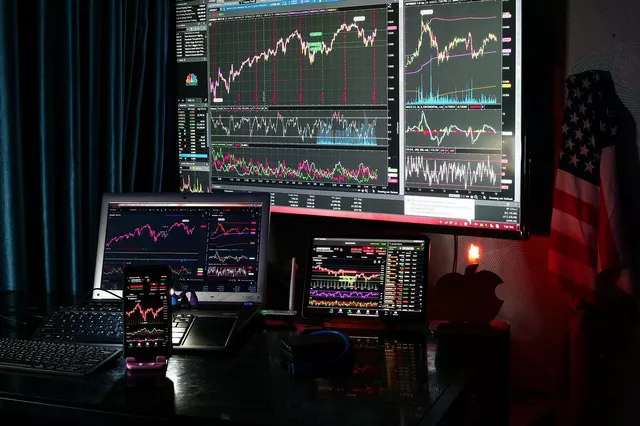Futures expiry day is an important event in the world of derivatives trading. It marks the end of the trading period for a particular futures contract and involves a series of processes that determine the settlement and delivery of the underlying asset. In this article, we will explore what happens on futures expiry day, highlighting the key steps and implications for traders and investors.
Definition of Futures Expiry Day
Overview of Futures Contracts: Futures contracts are agreements to buy or sell an underlying asset at a predetermined price and date in the future. Each futures contract has a specific expiry date, which is the final day of trading for that contract.
Importance of Expiry Day: On expiry day, traders must close out their positions, resulting in the final settlement of the contract. This process ensures the efficient transfer of ownership and helps maintain the integrity of the futures market.
Contract Settlement Methods
Cash Settlement: Some futures contracts, such as stock index futures, are cash-settled. On expiry day, no physical delivery of the underlying asset occurs. Instead, the contract is settled in cash based on the final settlement price determined by the exchange.
Physical Delivery: Other futures contracts, such as commodity futures, involve physical delivery of the underlying asset. Traders who hold open positions on expiry day may be obligated to deliver or receive the physical asset, depending on their position.
Roll-over or Close-out
Roll-over: Many traders choose to avoid physical delivery by closing out their positions before expiry day and simultaneously opening new positions in a later-dated futures contract. This process, known as roll-over, allows traders to maintain their exposure to the underlying asset without the need for physical delivery.
Close-out: Traders who do not wish to maintain their positions or are unable to roll-over their contracts must close out their positions before the market closes on expiry day. This involves executing opposite trades to offset their existing positions.
Market Volatility and Price Movements
Increased Volatility: As expiry day approaches, market volatility often increases. Traders and investors may adjust their positions, leading to higher trading volumes and potentially larger price swings. It is essential to monitor market conditions and manage risks accordingly.
Price Convergence: On expiry day, the futures price and the spot price of the underlying asset tend to converge. This convergence occurs as arbitrageurs take advantage of any price discrepancies between the futures market and the physical market, driving the prices closer together.
Open Interest and Delivery Obligations
Open Interest: Open interest refers to the total number of outstanding contracts for a particular futures contract. As expiry day approaches, traders may choose to close their positions or roll them over, resulting in a decline in open interest.
Delivery Obligations: For futures contracts that involve physical delivery, traders who hold open positions on expiry day must fulfill their delivery obligations if they do not close or roll-over their positions. This process involves the transfer of ownership of the underlying asset according to the exchange’s rules and procedures.
Regulatory and Exchange Procedures
Exchange Rules: Exchanges have specific rules and procedures governing the expiry and settlement of futures contracts. Traders must familiarize themselves with these rules to ensure compliance and avoid any potential penalties or disruptions.
Last Trading Day: Expiry day is also known as the last trading day for a futures contract. Traders should be aware of the exact timing of the market close on expiry day and any specific requirements or deadlines set by the exchange.
Conclusion
Futures expiry day is a critical event in the lifecycle of a futures contract. Understanding the processes and implications of expiry day is essential for traders and investors to effectively manage their positions and risks. Whether it involves cash settlement or physical delivery, traders must plan their actions accordingly and stay informed about market conditions and exchange procedures.


